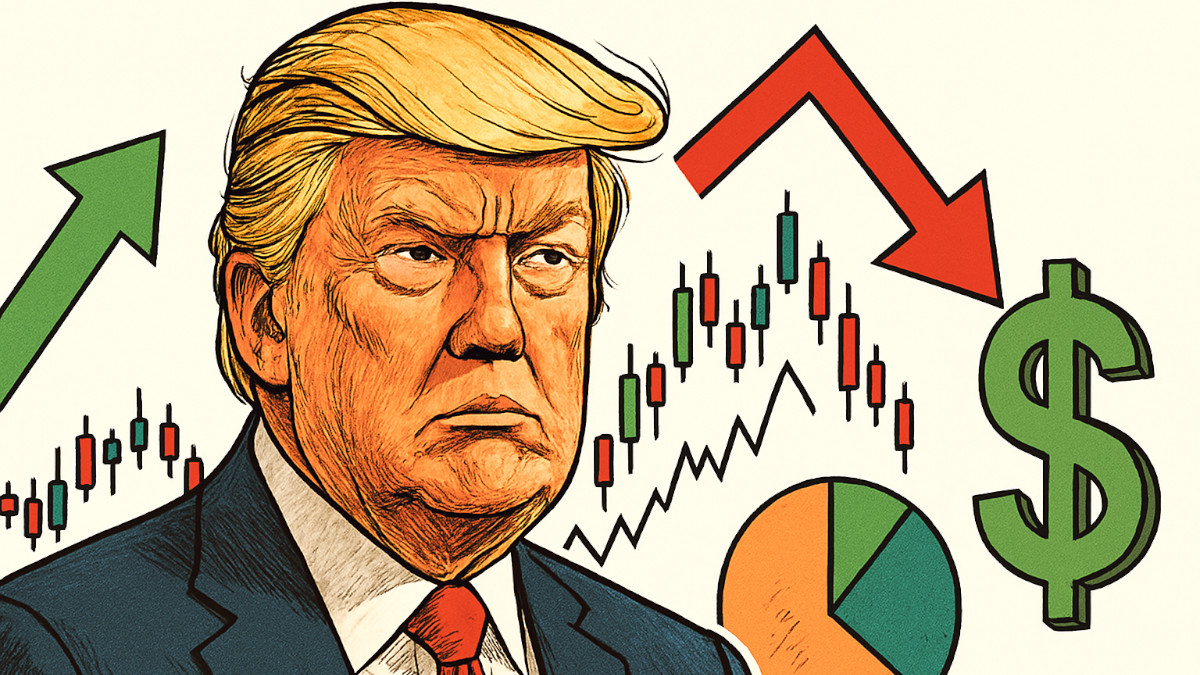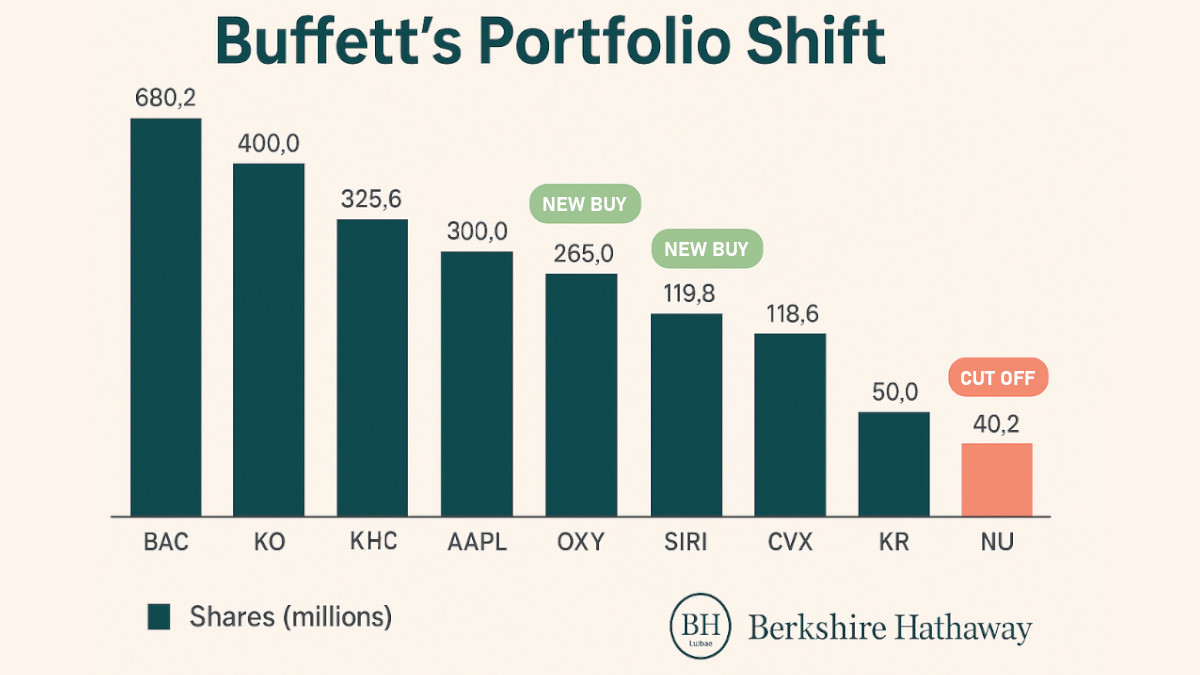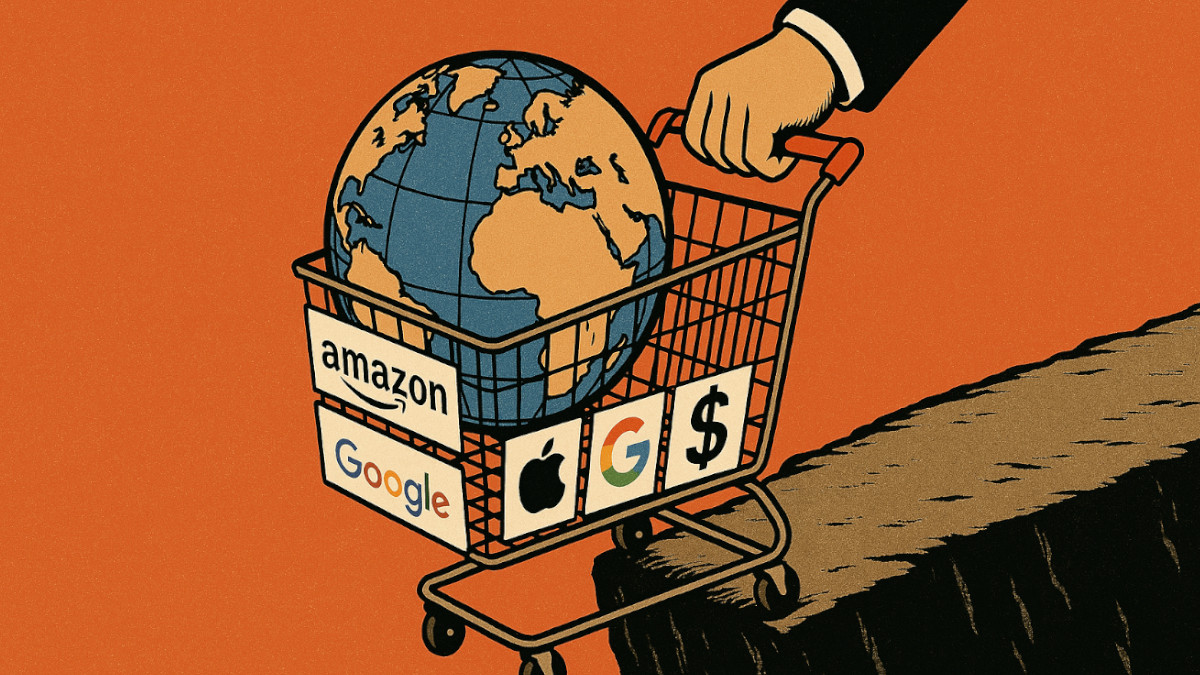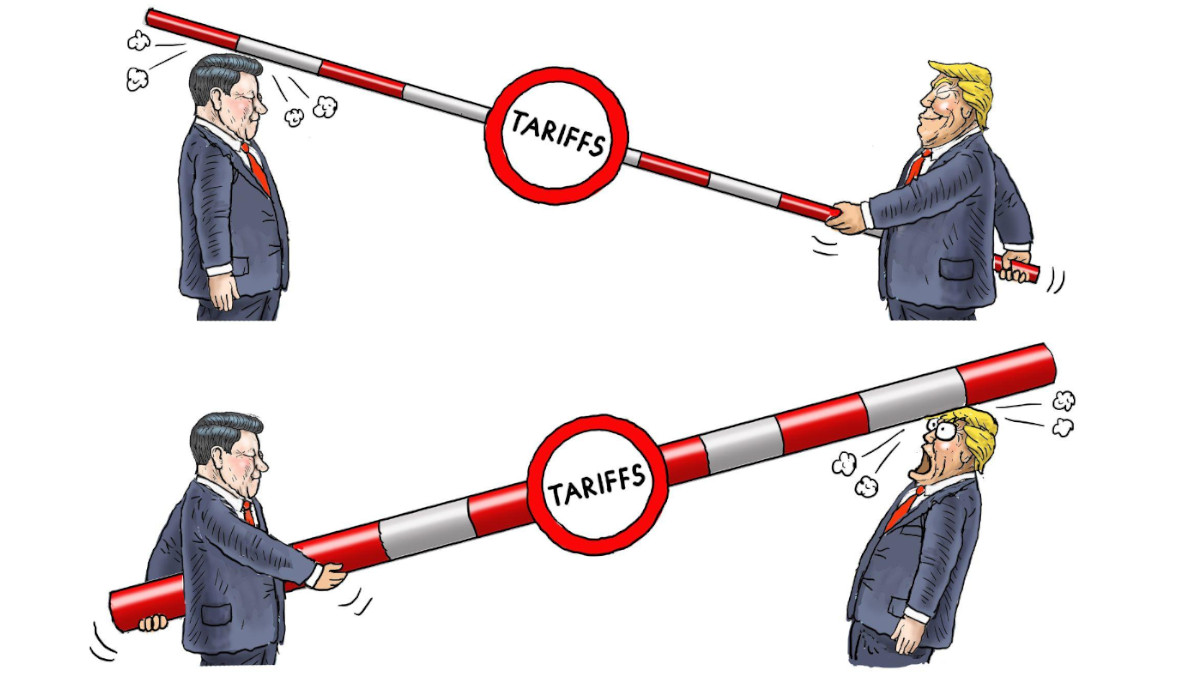- Аналитика
- Торговые Новости
- Why Eurozone Inflation Might Stay High
Why Eurozone Inflation Might Stay High
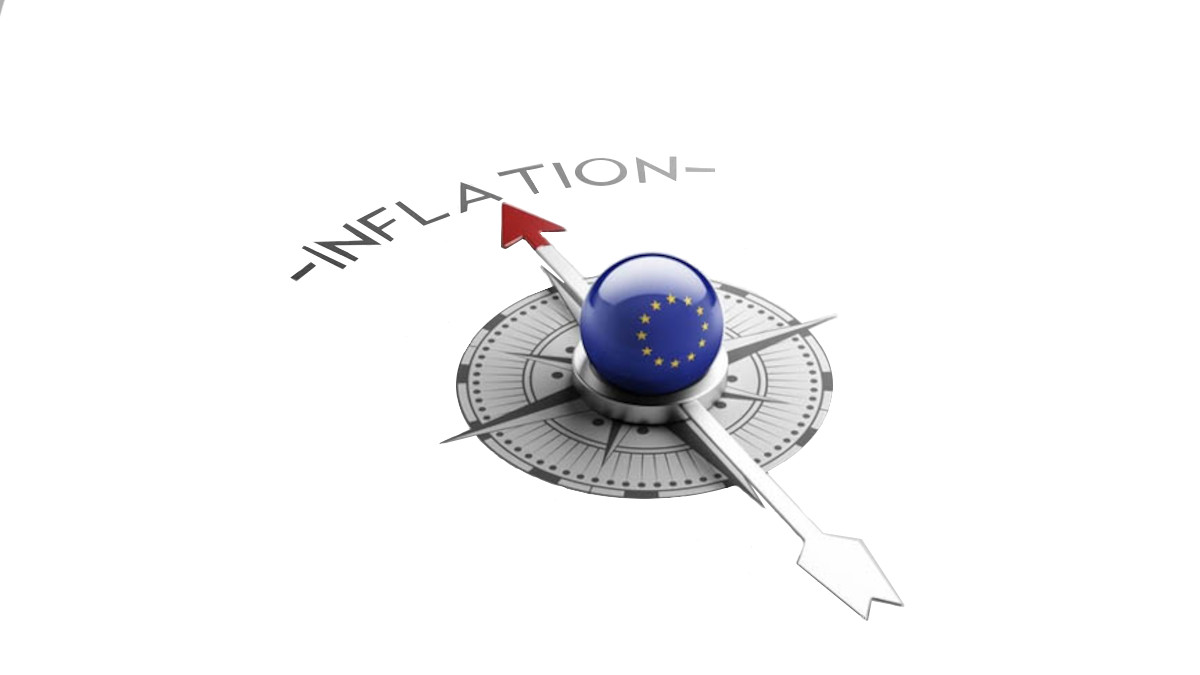
Everyone is waiting to see the inflation numbers for the Eurozone on July 2nd. Economists predict inflation will go down to 2.4% compared to last year. This would be good news because inflation was higher than expected in May at 2.6%.
Core inflation, which takes out food and energy prices, was 2.9% in May. This is a concern for European Central Bank (ECB) officials because it shows underlying inflation is strong. They want inflation to be closer to 2%.
One reason inflation might stay high is because of service prices. These prices rose from 3.7% in April to 4.1% in May. Services are more expensive and take longer to come down in price.
Another reason inflation might stay high is because wages are growing fast. Wages grew 4.7% in the first quarter of 2024. The ECB expects wage growth to slow down to 4% this year but not go back to normal levels until 2025.
The ECB cut interest rates for the first time in June because of inflation. They will decide if they cut rates again based on the upcoming inflation numbers. Economists currently predict two more rate cuts this year, but this could change depending on the data.
The ECB has also raised its forecasts for inflation in 2024, 2025, and 2026. They now expect inflation to average 2.5% in 2024.
There are a few things that could cause inflation to go even higher than expected.
- Wages and profits growing faster than expected
- Geopolitical tensions causing energy prices and shipping costs to rise
- Extreme weather events causing food prices to go up
Brent Oil Technical Analysis
The Russia-Ukraine conflict has a big impact on the price of Brent oil. However, the price hasn't been fluctuating as much recently. It's been stuck in a rather narrow range, between a slowly declining trend and a slowly increasing trend.
The price of Brent oil seems to be going up at the end of the second quarter. If this continues for the next three months, the price might reach its peak again, which was above $90 per barrel earlier this year. But investors might be cautious about buying at high prices if other oil prices aren't going up as well.
The price seems unlikely to fall below $75 per barrel in the near future, but keep an eye on the slowly increasing trendline.



